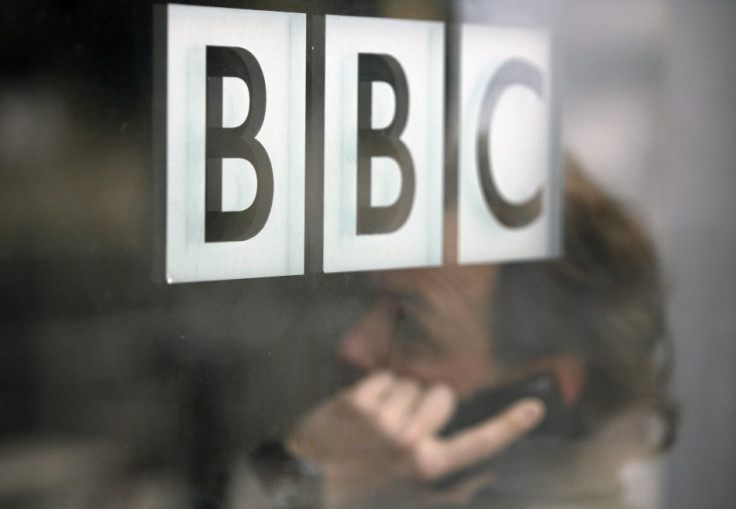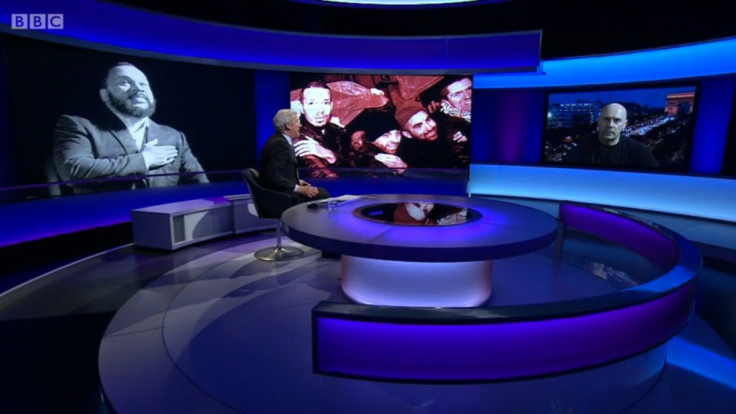Why BBC Staff Tax Avoidance is Not the Same as Legal Corporation Tax Dodging

The emotive subject of tax avoidance has hit the headlines again following the BBC's pledge to axe its top talent's pay by up to 25% when it moves them onto permanent contracts.
The reason why TV licence payers have been incensed by the BBC's pay process is because a bulk of its well-known TV personalities are employed as 'freelancers', which therefore allows them to receive their salaries via 'personal service companies'.
Using such financial vehicles can be used as a legal way of reducing tax liabilities and therefore is a form of tax avoidance.
This can lead to people paying only 20% to 23% in corporation tax on their salary instead of the top income tax rate of 45%, if they earn £150,000 or more, and therefore falls under the tax avoidance category.
Now, the BBC has bowed under pressure and said that "if an individual is deemed employed this simply means that tax, National Insurance and any benefit deductions, such as on a pension, will be made by the BBC, rather than the personal service company, and will be deducted from gross pay as it is for all employees."
It added that each star was being considered on a case-by-case basis.
However, while focus has centred on giant corporations paying their 'fair share' of tax, shouldn't the government also be honing in on individual tax dodging?
In the BBC's case, the broadcaster has come under fire for facilitating tax avoidance as well as using controversial employment practices to keep its famous faces happy.
According to Deloitte, one of Britain's largest accountancy firms, 96 on-air "talent" staff paid over £50,000 a year through service companies in 2011/12.
The review suggested that the majority of these people are newsreaders and current affairs presenters, including Jeremy Paxman, Fiona Bruce, and Emily Maitlis.
In Britain, any household with a TV has to pay for a licence, whether they like it or not.
So, on top of having to bear the knowledge that the BBC's 'top talent' gets paid vastly more money than the average person in the industry, let alone across the UK, it only rubs salt in the wound to know that, as an individual, they don't pay the top rate of income tax.
While there is no doubt that global giants such as Google, Starbucks and Apple are companies and are paying their tax bills through clever and legal accounting methods, the fact that BBC staff are able to be paid through these finance vehicles, so they can legally dodge paying the same amount of tax as someone in their pay bracket, is highly questionable.

Yes, this is all perfectly legal but shouldn't a publically funded body be more responsible in terms of individual pay?
Basically, corporations sell products and services and employ people to carry out these tasks. BBC staff using these vehicles are employees of the BBC and do not employ staff nor do they sell products and services.
One could argue that, naturally, their salary is payment for their service as a presenter; the job they were employed to do.
Therefore, treating the situation as a corporation tax dodge is a murky idea to purport as their tax payments and bill does not affect anyone else, other than the individual's wallet size.
Politicians are already cracking down on tax avoidance by addressing the issue over tax havens. For example, Ireland has announced that is has closed a tax loophole which allowed Apple to avoid paying any tax on billions of dollars of revenue.
But maybe it's time for the authorities to focus on the gratuitous use of using corporation tax rules to let an individual pay tax.
© Copyright IBTimes 2024. All rights reserved.






